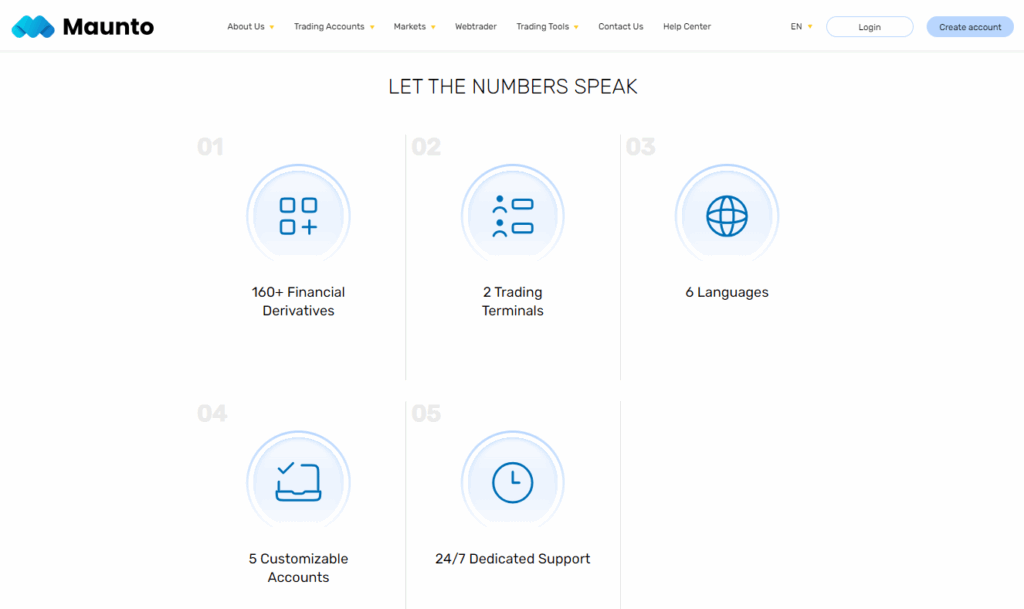The rise of online trading has revolutionized the way investors access and interact with financial markets. With the click of a button, individuals can now buy and sell securities, currencies, and commodities from anywhere in the world. This shift has forced brokers to adapt to changing market dynamics, embracing digital transformation and innovation to remain competitive. In this article, we will explore how brokers are evolving to meet the demands of online traders, and what this means for the future of the industry.

The Shift to Online Trading
The rise of online trading has been quick and decisive. ‘What has really changed in recent years is the level of convenience for retail investors, with these online services being faster and existing as smartphone apps (rather than needing to be accessed from a desktop computer connected to a telephone line)’, as quoted by Statista.
This shift is driven by a combination of factors, including:
- Convenience: Online trading allows investors to access markets 24/7, from anywhere in the world.
- Accessibility: With online trading, investors can trade a wide range of assets, from stocks and options to cryptocurrencies and forex.
- Cost: Online trading platforms often offer lower fees and commissions compared to traditional brokerages.
As a result, traditional brokerages are facing significant pressure to adapt to this new landscape. Many are investing heavily in digital transformation, developing online platforms and mobile apps to meet the demands of online traders. Others are partnering with fintech companies to stay ahead of the curve.
Changing Market Dynamics
The shift to online trading is not the only change affecting the brokerage industry. Market dynamics are also evolving in response to technological advancements, geopolitical tensions, and shifting investor preferences.
Some key trends include:
- Increased market volatility: Political uncertainty, trade tensions, and global events are contributing to market fluctuations, making it essential for brokers to offer expert guidance and risk management strategies.
- Rise of passive investing: Index funds and ETFs are gaining popularity, prompting brokers to adapt their product offerings and fee structures.
- Growing demand for sustainable investing: Investors are increasingly seeking environmentally and socially responsible investment options, driving brokers to expand their ESG (Environmental, Social, and Governance) product offerings.
- Advancements in technology: Artificial intelligence, blockchain, and cloud computing are transforming the trading landscape, enabling faster execution, improved analytics, and enhanced customer experience.
Brokers must stay up to date with these changing market dynamics to remain competitive and provide value to their clients. By understanding and adapting to these trends, brokers can differentiate themselves and thrive as the market evolves.

Image Source: Brokers like Maunto offer their customers so much more.
How are Top Brokers Adapting?
- Embracing Digital Transformation: Brokers are investing in digital platforms, mobile apps, and online tools to enhance the trading experience, improve customer engagement, and reduce costs.
- Enhancing Customer Experience: Brokers are leveraging AI-powered chatbots, personalized wealth management, and expert advisory services to deliver a more tailored and responsive customer experience.
- Fostering Innovation: Brokers are collaborating with fintech companies, startups, and innovation labs to stay ahead of the curve and develop cutting-edge trading solutions.
- Investing in Education and Research: Brokers are providing educational resources, market insights, and research tools to empower investors and help them make informed decisions.
- Embracing Remote Work: The shift to remote work has opened up new opportunities for businesses, such as accessing a wider talent pool and reducing costs. Brokers can leverage remote work to expand their reach, improve customer service, and increase efficiency.
- Updating Offerings to Meet Demand: Businesses must adapt to changing market conditions by updating their offerings to meet evolving customer needs. Brokers can expand their product range, offer new services, and provide personalized solutions to stay competitive.
Challenges and Opportunities
- Regulatory Complexity: Navigating evolving regulatory requirements, ensuring compliance, and managing risk.
- Intense Competition: Fintech companies, new market entrants, and established players competing for market share.
- Technological Advancements: Keeping pace with rapid technological changes, investing in infrastructure, and ensuring cybersecurity.
- Changing Investor Behavior: Understanding and responding to shifting investor preferences, behaviors, and expectations.
- Innovate and Differentiate: Developing unique products, services, and experiences that meet evolving investor needs.
- Expand Market Reach: Leveraging digital channels to access new markets, clients, and geographies.
- Enhance Customer Experience: Utilizing data analytics, AI, and personalization to deliver exceptional client service.
- Foster Strategic Partnerships: Collaborating with fintech companies, startups, and other industry players to drive growth and innovation.

Shaping the Future of Investing
The rise of online trading and changing market dynamics have transformed the brokerage industry, presenting both challenges and opportunities. To thrive, brokers must adapt and innovate, embracing digital transformation, expanding product offerings, and enhancing customer experience. By understanding and responding to the evolving needs of investors, brokers can differentiate themselves, drive growth, and remain competitive in an increasingly complex and digital trading environment.
In this dynamic landscape, one thing is clear: the brokers who adapt, innovate, and put the needs of their clients first will be the ones who succeed and thrive in the years to come.
